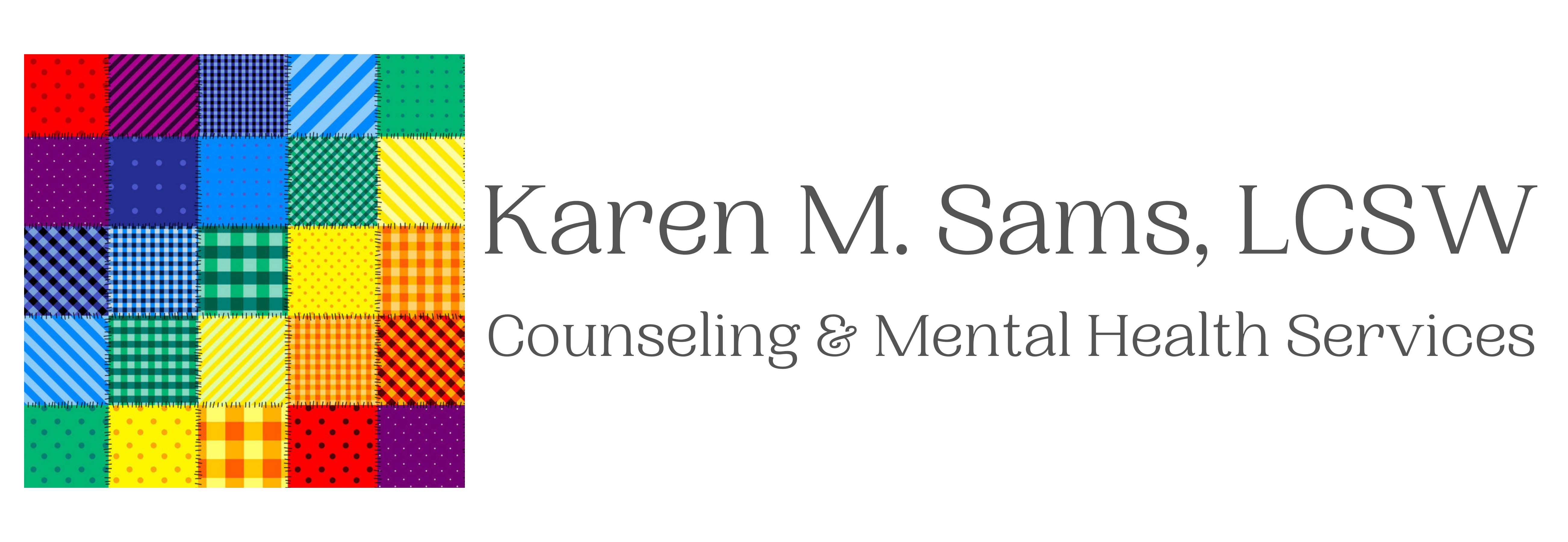Depression affects 16 million adults each year, and its impact can be devastating. Depression can impact your ability to work, build healthy relationships, and manage responsibilities. You may be coping well enough to get out of bed each day, do your job, and take care of your family, but depression can leave you feeling drained with no energy or interest in the activities that bring you joy.
Depression symptoms can also be associated with external stressors, such as grief, isolation, relationship problems, parenting/caregiver stress, and job stress.
People experiencing depression are also likely to be diagnosed with a number of co-occurring mental health disorders, including anxiety, post traumatic stress disorder, and substance use disorders.
You don’t have to wait until your depression symptoms are severe enough to negatively impact your functioning before you seek support. Therapy can help you identify and change the negative thought patterns contributing to depression symptoms, or make life changes that reduce the external stressors that are negatively impacting your mood.
I utilize a wide range of evidence-based therapeutic techniques based primarily in cognitive behavioral therapy to support clients experiencing depression and mood disorders. It’s possible to learn the skills you need to manage these symptoms and reduce the distress associated with them.
